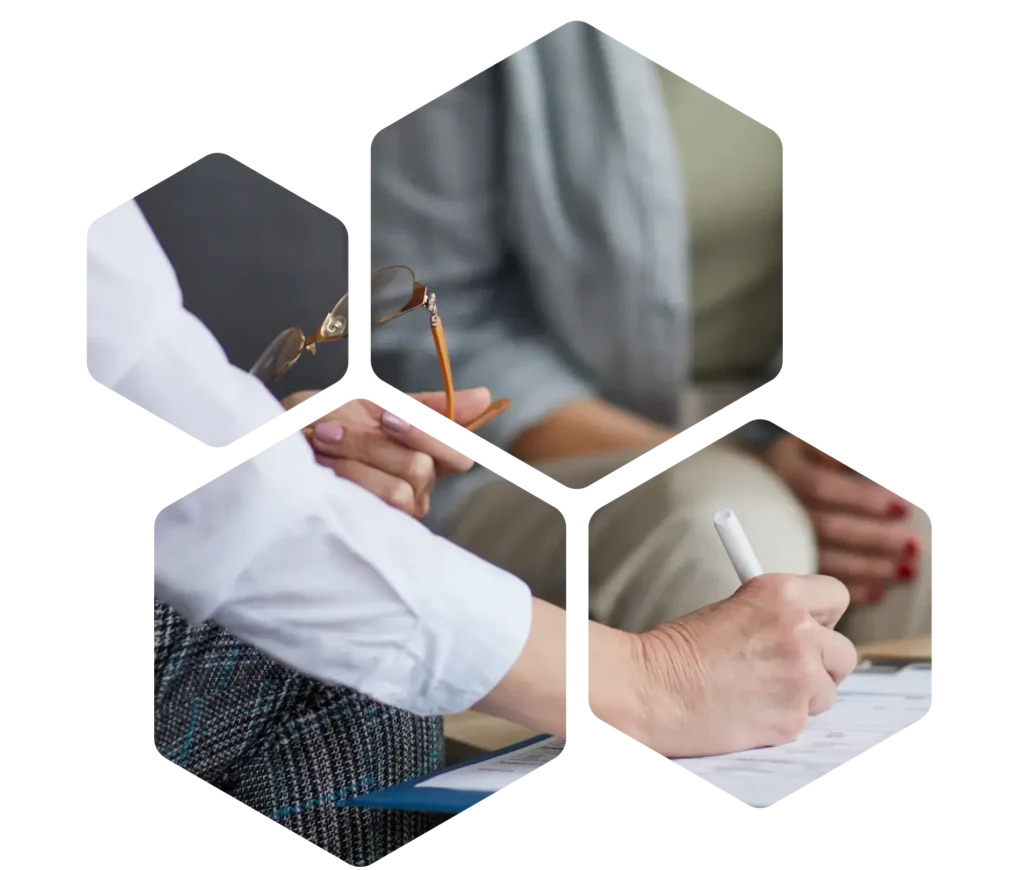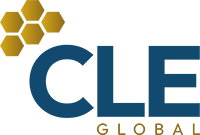Bespoke Program Design
As well as offering a range of quality ready-made solutions CLE can work with you to customise programs, which meet your individual or organisational needs. Our experience over decades has been that a consultative design process, with strong partnership and collaboration, leads to a quality final product that meets your specific business needs. We regard program design as an iterative process, in which stakeholder’s ideas, insights and feedback are explored and built upon.
Methodology
Of distinct advantage throughout this process is our extensive knowledge of methodologies which allow multiple approaches to the design and facilitation of our initiatives and interventions, including:



Delivery
CLE uses a facilitation-based approach to organisational, team and individual development, drawing on experiential and action learning methodologies. We rely on our extensive facilitation experience to explore aspirations and potential, as well as key frustrations and tensions for individuals and groups in order to harness potential and deepen dialogue to achieve understanding.
Our consultants are highly skilled at observing emotional and cultural intelligence in action, having undertaken extensive and closely supervised training, in-depth psychology, group and system dynamics which allows us to provide or elicit feedback, facilitate insight and effectively develop new skills and choices.
Evaluation
CLE works with the understanding that evaluation is integral to program design, rather than an afterthought. Powerful design and evaluation will both arise from a clear understanding of your organisations core aims and objectives. We aspire to insightful and practical feedback that will guide future innovation in design and delivery.
CLE Consulting Australia’s approach to evaluation incorporates both immediate reactionary and long-term impact evaluations depending on our client’s requirements. Typically, this means gathering pre-program data, interim reactionary feedback on client satisfaction and post-program feedback against key outcomes.
Reactionary Evaluation: We will seek immediate feedback gauging participant’s reactions to content, methods, facilitator delivery and learners’ immediate and ongoing needs. Reactionary feedback will be sought on completion of an initiative or intervention. This feedback will inform revision and future module design.
Impact Evaluation: The long-term impact of an initiative or intervention can be measured via impact surveys at agreed intervals post program completion. Questions asked will reflect overall program objectives, with a focus on behavioural outcomes, the transfer of learning in the workplace and generative learning. The impact evaluation is a valuable opportunity to collect quantitative and qualitative data about the way in which services have influenced leadership, business and professional practice and supported culture change.

